In the wake of recent economic changes and shifts in market dynamics, forbearance loan payments have become an important topic for many borrowers across the United States. Whether you’re facing financial hardships due to the pandemic, job loss, or unforeseen circumstances, understanding forbearance and its implications can be crucial. In this article, we will cover the latest news on forbearance loan payments, discuss various methods and platforms, and provide tips for managing your loans effectively.
What is Forbearance?
Forbearance is a temporary relief option that allows borrowers to pause or reduce their loan payments for a specified period while avoiding default. This option is especially relevant in the context of federal student loans, mortgages, and personal loans. However, it’s essential to understand the different types of forbearance and how they can impact your financial future.
Types of Forbearance
- Student Loan Forbearance: Allows borrowers to temporarily stop making payments on federal and private student loans.
- Mortgage Forbearance: Offers homeowners relief on their mortgage payments during financial hardship.
- Credit Card Forbearance: Some credit card companies may offer temporary relief to help keep accounts in good standing.
Latest Forbearance Loan Payments News

Staying informed about the latest news and changes in forbearance policies is crucial for borrowers. Recent updates from federal agencies and lenders have introduced new programs, extended relief options, and clarified terms of existing forbearance agreements.
Key Updates from 2023
- The federal student loan pause extension has drawn attention, with payments resuming after a long hiatus, affecting millions of borrowers.
- Many mortgage servicers are still offering forbearance options following the COVID-19 pandemic, particularly for those facing economic challenges.
- The Consumer Financial Protection Bureau (CFPB) has released guidelines encouraging lenders to offer flexible repayment options.
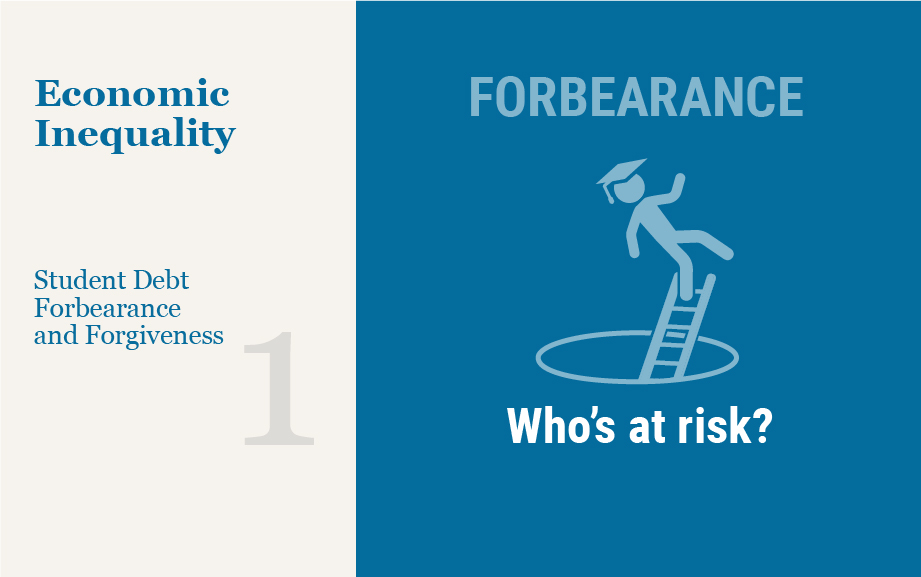
Understanding Forbearance Loan Payments: Pros and Cons
| Pros | Cons |
|---|---|
| Provides immediate financial relief | Interest may continue to accrue |
| Helps avoid default | Possible impact on credit score if not communicated properly |
| Can stabilize financial situation | Extended repayment terms may increase overall debt |
| Flexibility in payment terms | Confusion regarding repayment terms can lead to additional stress |
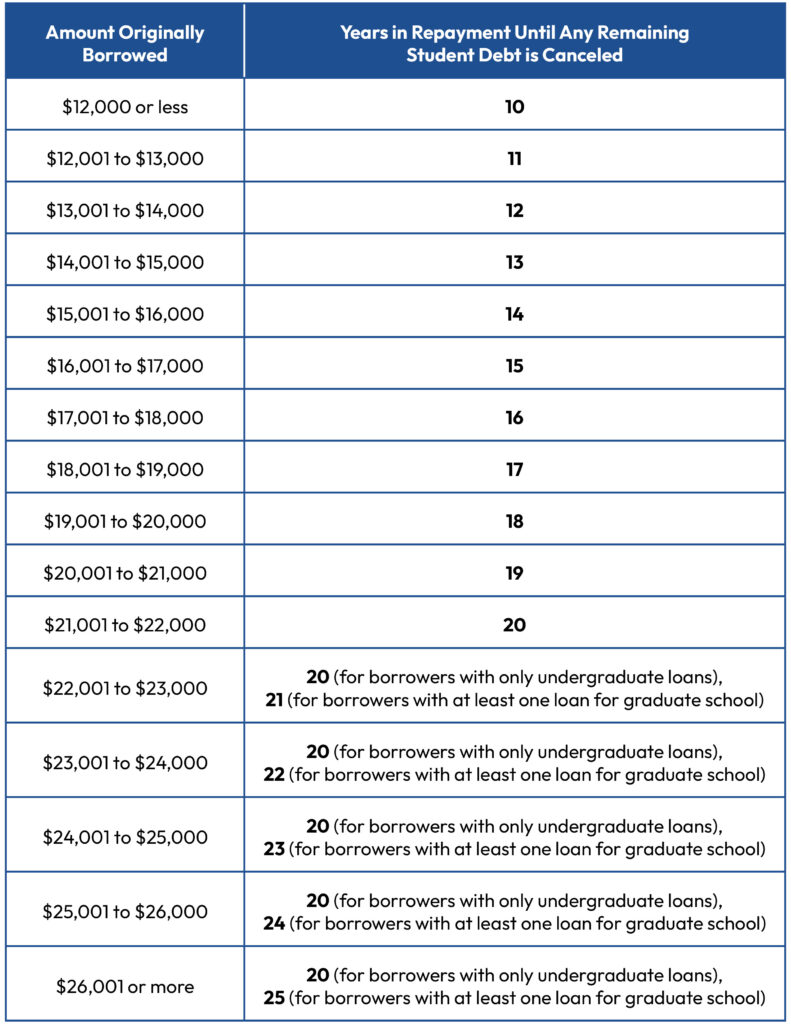
Platforms and Services Offering Forbearance Options
Top Platforms
Many financial institutions and online platforms provide forbearance options. Below are some popular ones:
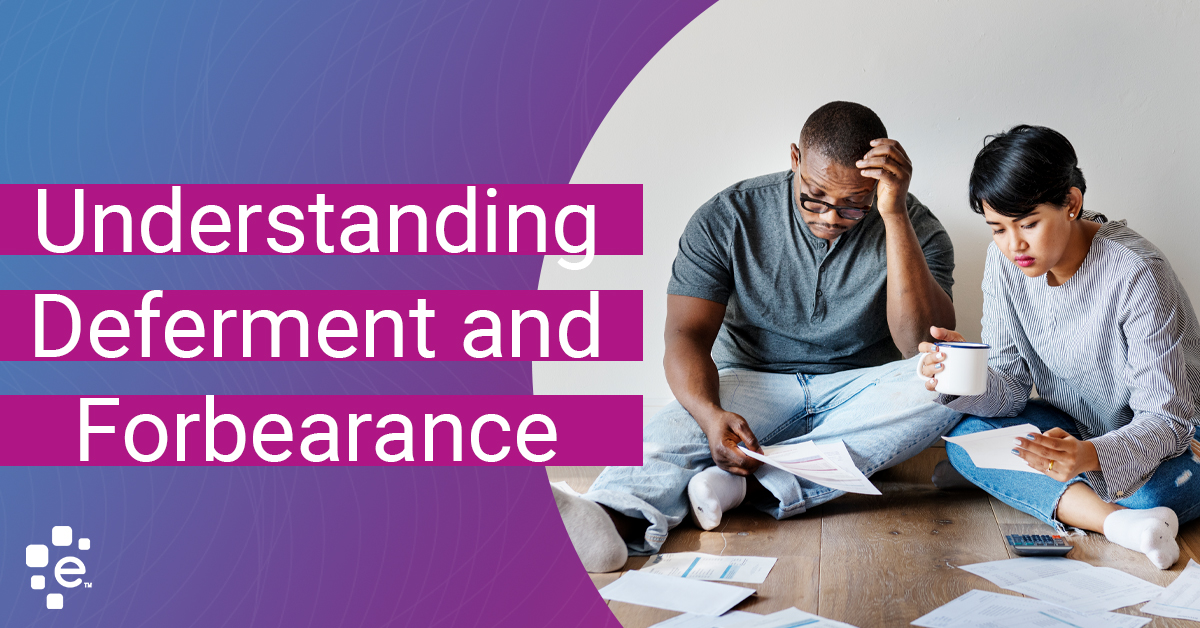
| Platform | Type of Loans Offered | Forbearance Terms |
|---|---|---|
| Navient | Student Loans | Up to 12 months |
| SoFi | Mortgages, Personal Loans | Flexible terms available |
| Chase | Mortgages | 3–6 months, with possible extension |
Technologies Used in Forbearance Management
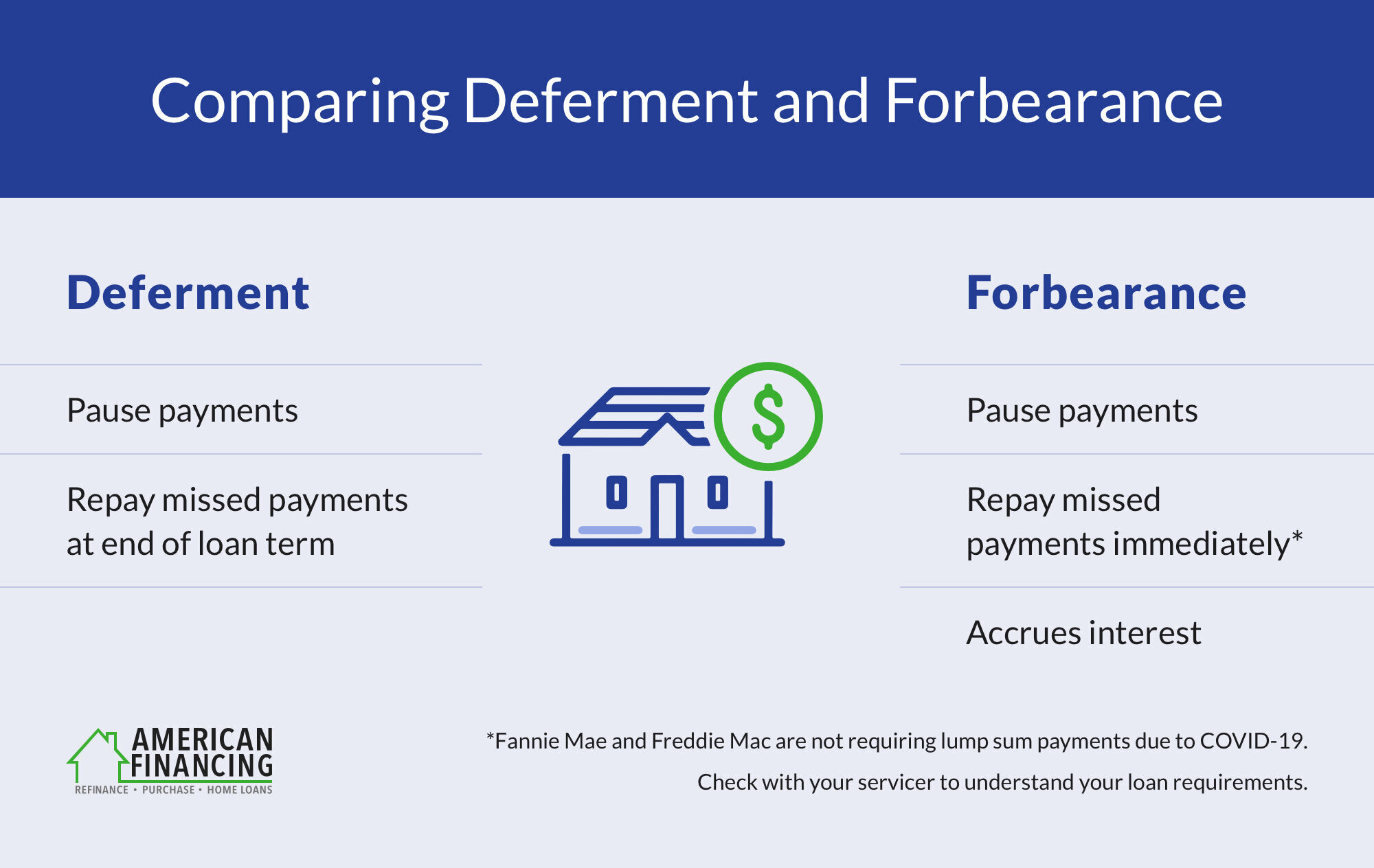
With the rise of digital finance, various technologies have emerged to aid borrowers in managing forbearance. Key technologies include:
- Loan Management Apps: Tools like Mint and YNAB help borrowers track their loans and understand their payment options.
- Automated Customer Service: AI chatbots on lender websites can provide instant information about forbearance options.
- Online Portals: Lenders such as Wells Fargo provide online solutions for tracking forbearance status and payment options.
Tips for Managing Forbearance Loan Payments

For borrowers considering or currently in a forbearance agreement, following these tips can help ease the financial burden:
1. Communicate with Your Lender
Maintain open lines of communication to understand your options. Reach out to your lender to clarify terms and get updates on your payment schedule.

2. Plan for the End of Forbearance
Prepare for upcoming payments once the forbearance period ends to avoid financial strain. Consider creating a budget that includes these payments.
3. Explore Repayment Plans
Investigate alternative repayment plans that can work within your financial means. Options like income-driven repayment plans for student loans may be beneficial.
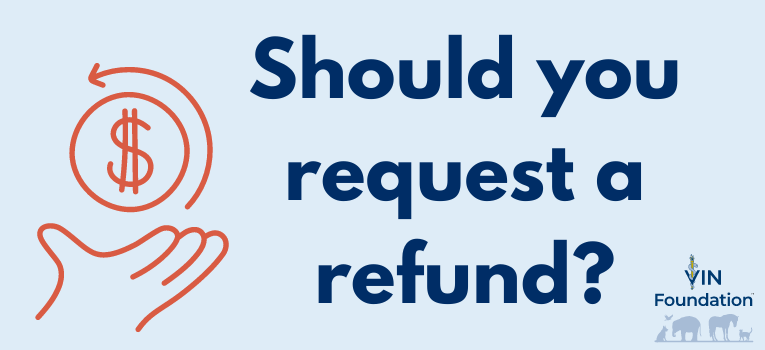
4. Stay Informed About Policy Changes
Regularly check for updates from your lender and government programs regarding forbearance rules and deadlines to avoid missing critical information.
Frequently Asked Questions (FAQs)
What happens at the end of a forbearance period?
Once a forbearance period ends, borrowers are usually required to start making regular payments again. Some lenders may offer options to restructure payments to accommodate any outstanding balance from the forbearance period.
Can I extend my forbearance?
Most lenders allow extensions based on your circumstances. Contact your lender to discuss your situation and see if an extension is possible.
Will forbearance affect my credit score?
If reported correctly to credit agencies, forbearance should not negatively impact your credit score. However, communication with your lender is critical to ensure proper reporting.
Are there alternatives to forbearance?
Yes, alternatives include deferment, loan modification, and various repayment plans tailored to meet your financial situation.
Conclusion: Navigating Forbearance Loan Payments
Forbearance can provide essential relief during tough financial times, but it is vital to understand its implications fully. By staying informed about the latest news, seeking assistance from reliable platforms, and managing your payments effectively, you can navigate forbearance with greater confidence. Remember, communication with your lender and proactive planning are key to a successful financial recovery.
For further reading and information on forbearance and loan management, please refer to the following resources:
- Consumer Financial Protection Bureau
- Federal Student Aid
- U.S. Department of Housing and Urban Development
By understanding your rights and options related to forbearance loan payments, you can make informed decisions that align with your financial goals.